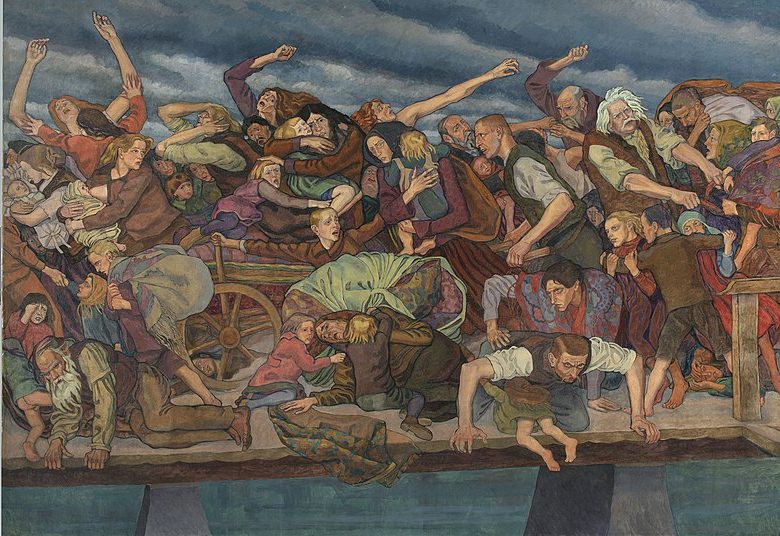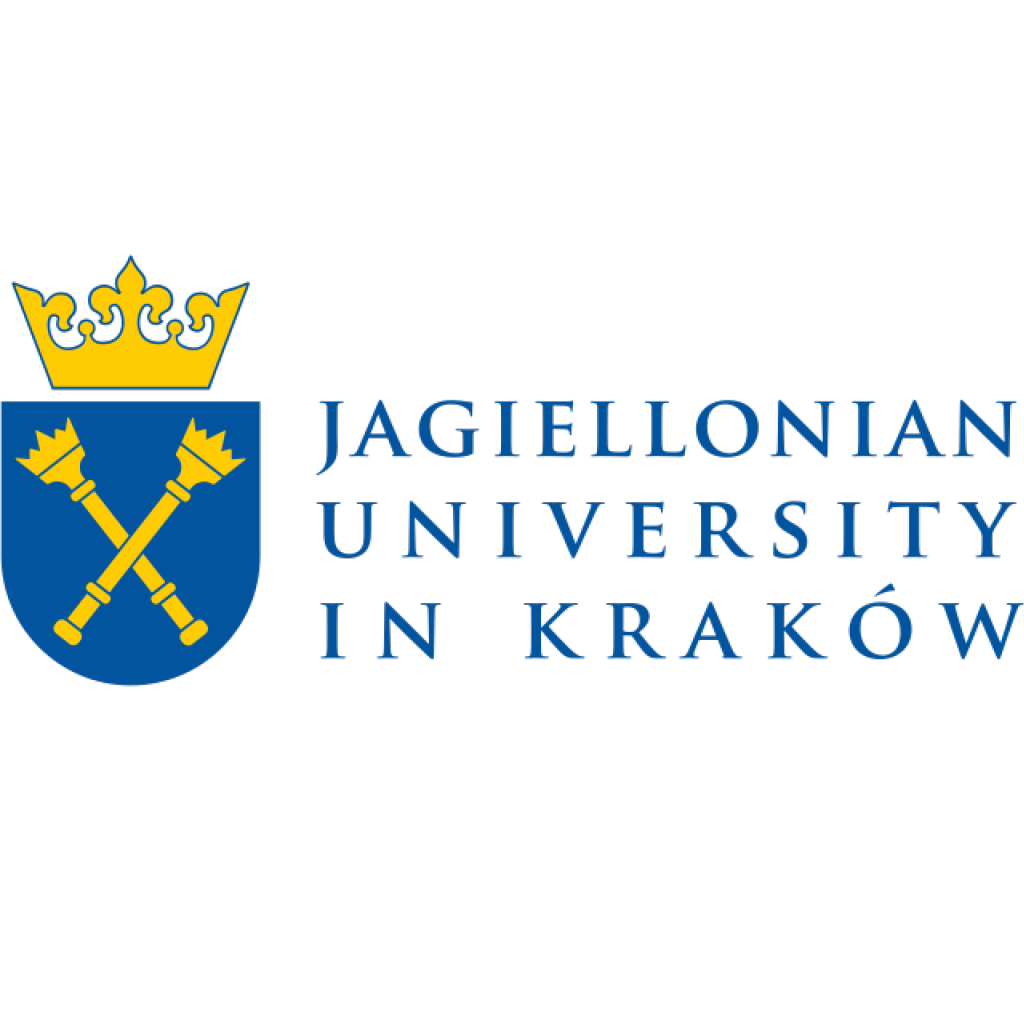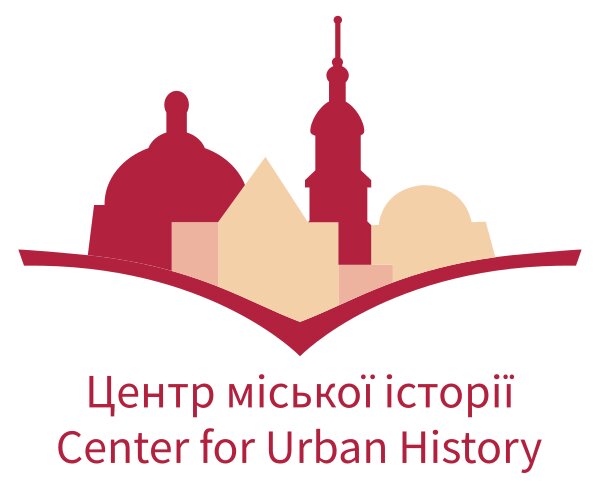Documenting Refugees from Eastern Europe
30.3.2023
Vienna, Austria
"Man on the move" is a never-ending story, as highlighted by images from the contemporary war in Ukraine: millions of people were forced to leave their place of residence, becoming war refugees. The previous century was a period of evacuation, expulsion, wandering, displacement of multitudes of people, rooted in crises of war, economic crises, political changes such as the dissolution of empires or the drawing of new borders. It was also the era in which the legal foundations for the international status of war refugees were laid (Geneva Convention, 1951), having previously often relied on precedents or ad hoc solutions. Thus, in different time-spaces, the situation of refugees as well as of the countries hosting them looked different, but they also had some common features. Is it possible to create certain 'migration patterning' and thus a single refugee narrative: what do these stories have in common and what makes them different? What did the same experiences look like on the scale of different social groups? What has the local versus refugee relationship looked like over the years? Is there a discernible universal model of human behavior in an extreme situation? Is it possible to create a single narrative of the war refugee, referring to the different inhabitants of the European continent? An important part of the workshop will be a discussion on how to create, collect and manage contemporary archives and documents on refugees and war.
CONFERENCE PROGRAM
09:00 – 09:30 Opening Session & Keynote
- Philipp Ther (University of Vienna): The Multiple Flight of Millions from and in Ukraine: Old Experiences and New Perspectives for a European Refugee and Migration History
09:30 – 11:00 Panel I: Flight and Migration in Two World Wars
- Piotr Szlanta (Polish Academy of Sciences/University of Warsaw): War Refugees in the Great War. An East-Central European perspective
- Jochen Böhler (Wiener Wiesenthal Institut für Holocaust-Studien): Displaced Persons and Statelessness in the Second World War
- Michal Frankl (Czech Academy of Sciences): Emigration Fantasies: Citizenship and Imagination of Mass Refugee Migration During the Holocaust
- Chair: Katarzyna Nowak (Central European University)
11:00 – 11:30 – coffee break
11:30 – 13:30 Panel II: Ukraine in Focus: Refugees in Past and Present
- Kamil Ruszała (Jagiellonian University): Ukrainian Refugees and the First World War Refugee Camps
- Peter Ruggenthaler (Ludwig-Boltzmann-Institut für Kriegsfolgenforschung), The deportation of Ukrainian Forced Labourers during the Second World War
- Dieter Bacher (Ludwig-Boltzmann-Institut für Kriegsfolgenforschung), Ukrainian DP´s and Refugees from Eastern Europe as Persons of Interest for Western Intelligence in the Early Cold War
- Malwina Talik (Institut für den Donauraum und Mitteleuropa): Ukrainian refugees after 24 February 2022
- Chair: Christoph Augustynowicz (University of Vienna)
13:30 – 14:30 – lunch break
14:30 – 16:30 Panel III: Documenting Displacement and War
- Katherine Younger (Institut für Wissenschaften von Menschen): Documenting Ukraine
- Sofia Dyak (Center for Urban History in Lviv): Documenting Experiences of War
- Anne von Oswald (Minor – Projektkontor für Bildung und Forschung): We Refugees Archive
- Chair: Kamil Ruszała (Jagiellonian University)
ORGANIZERS
- Polish Academy of Sciences – Research Centre in Vienna
- Institute of History – Jagiellonian University, „Refugees in Europe 1914-1923“ Research Group
- Vienna Wiesenthal Institute for Holocaust Studies
- Institute for Human Sciences in Vienna
- Center for Urban History
Credits
Cover photo: Jan Rembowski - Refugees // National Museum in Warsaw





